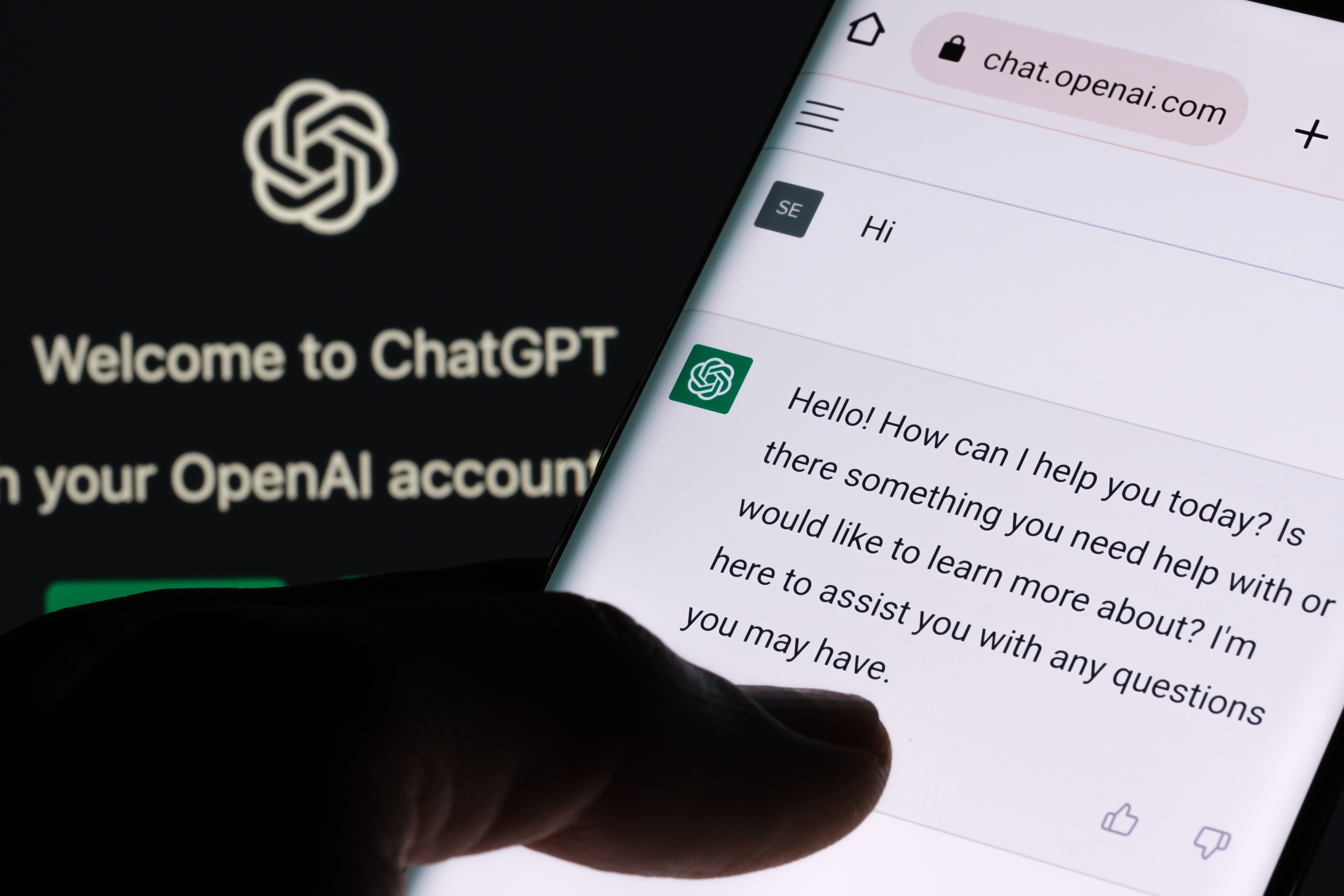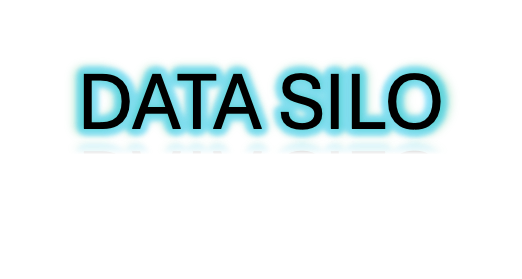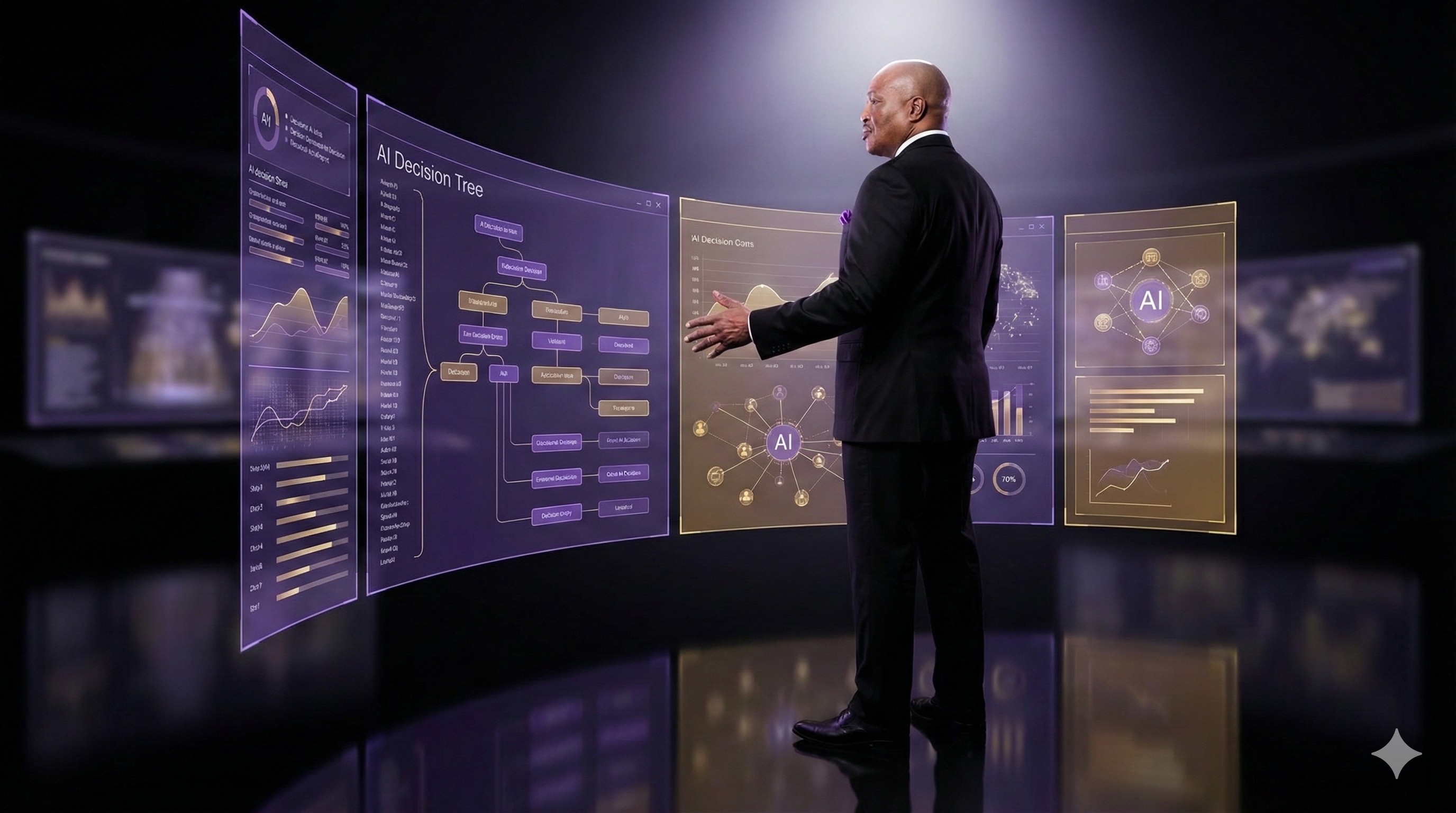Feb12

While it is difficult to predict the exact impact that ChatGPT will have on higher education in 2023, it is clear that various disruptive technologies (including AI) continue to evolve rapidly and bring about changes in many industries. Here are a few ways in which ChatGPT could potentially impact higher education in 2023 and beyond:
Improved accessibility: ChatGPT and other language models could be used to create virtual tutors, providing students with 24/7 access to educational resources and support. This could be particularly useful for students in remote or underserved areas.
Personalized learning: ChatGPT can be trained on large amounts of data and fine-tuned to specific subjects, making it possible to provide personalized education to each student based on their abilities, interests, and needs.
Automated assessment and grading: ChatGPT could be used to automate the grading of assignments, freeing up teachers' time and allowing them to focus on more meaningful tasks such as providing feedback and supporting students.
Supplementing human teachers: ChatGPT could be used to augment the role of human teachers, providing additional resources and support to students outside of class time.
Research and data analysis: In fields such as science and engineering, ChatGPT could be used to assist with research and data analysis, helping students to more efficiently process and understand complex information.
It's important to note that these potential impacts are not guaranteed and that technology can have unintended consequences as well. Additionally, it will likely take some time for these technologies to be fully integrated into the education system and for their full impact to be realized.
Recommendations for Higher Ed Leaders
Given the potential impact of ChatGPT on higher education, I would recommend that organizational leaders consider the following actions:
Invest in technology: To fully realize the potential of ChatGPT and other AI technologies in education, it is important for organizations to invest in the necessary infrastructure and resources to support their implementation and integration into the education system.
Develop a strategy: Organizations should develop a comprehensive strategy for incorporating ChatGPT and other AI technologies into their education programs. This should include a clear understanding of the goals and objectives of the technology, as well as a plan for implementation and evaluation.
Foster collaboration: Implementing ChatGPT and other AI technologies in education will require collaboration between multiple stakeholders, including educators, students, technology experts, and administrators. Organizations should work to foster these relationships and ensure that everyone is on the same page regarding the goals and objectives of the technology.
Focus on ethics and transparency: The use of ChatGPT and other AI technologies raises important ethical and transparency issues, such as data privacy and algorithmic bias. Organizations should have clear policies in place to address these issues and ensure that their use of the technology is in line with ethical and legal standards.
Continuously evaluate and improve: The impact of ChatGPT and other AI technologies on higher education will likely evolve over time, and organizations should continuously evaluate their use and make improvements as necessary. This may include updating their implementation strategy, training educators, and making changes to the technology itself to better meet the needs of students and the education system.
Overall, it is important for higher ed leaders and teachers to approach the implementation of ChatGPT and other AI technologies in education with caution and to be proactive in addressing potential challenges and ethical considerations. By taking these steps, they can help to ensure that these technologies are used effectively to improve education and support students.
Keywords: HR, Change Management, Generative AI
 Coherence Is Not Culture — It Precedes It
Coherence Is Not Culture — It Precedes It Death of the Data Silo
Death of the Data Silo Capital Follows Electrons: How Electrification Is Driving Growth
Capital Follows Electrons: How Electrification Is Driving Growth Execution Is Cheap Now. Experience Is Everything. The BRAVE Upgrade for the Agentic AI Era
Execution Is Cheap Now. Experience Is Everything. The BRAVE Upgrade for the Agentic AI Era The 12 Best Countries for Retirees – Affordability & Taxation
The 12 Best Countries for Retirees – Affordability & Taxation